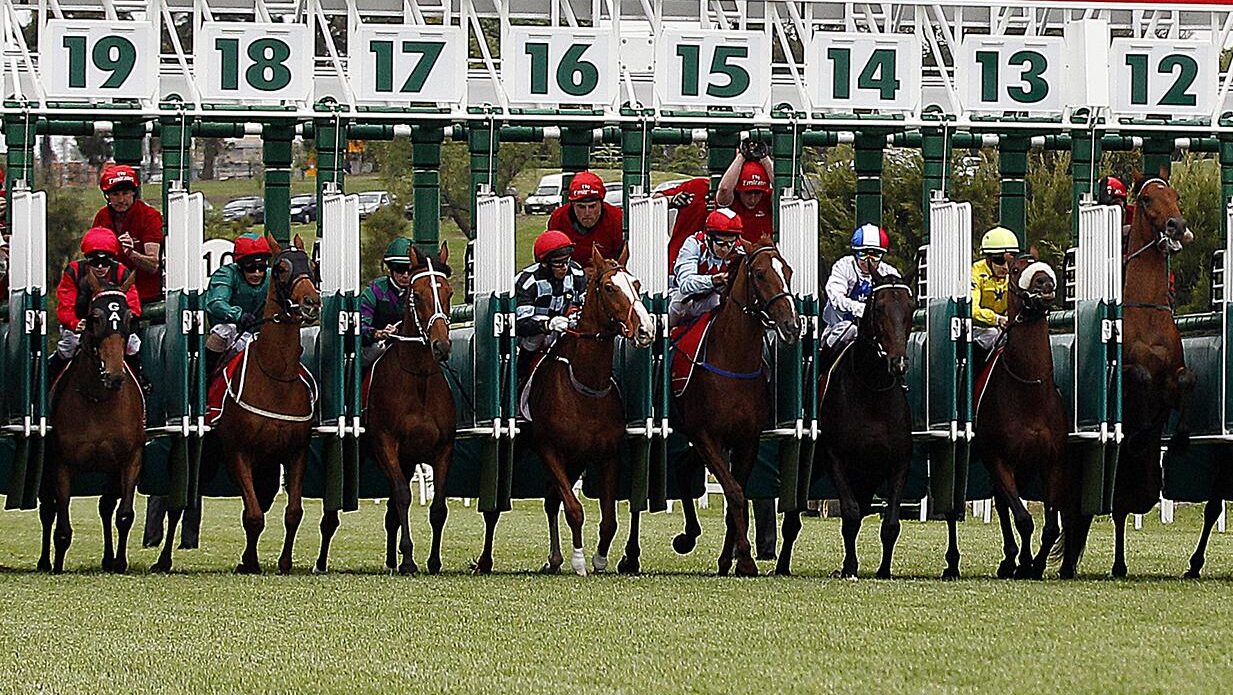The Melbourne Cup is proof that Australia’s big moments cannot be paywalled
The Melbourne Cup is famously billed as the race that stops a nation – proof positive of its place as a cultural marker in the lives of Australians. Bridget Fair, the CEO of Free TV Australia, argues that free-to-air TV is vital in keeping our nation’s moments free and available to all.
The millions of people who tuned in this year to watch the Matildas’ FIFA Women’s World Cup campaign, the NRL State of Origin series, the AFL Grand Final and the finale of Married At First Sight proved beyond a shadow of a doubt that free-to-air TV continues to play an important role in our lives. But more than that, local, free TV is still what creates the huge cultural moments that unite Australia.
Free-to-air TV is built on universal free access for all Australians to news, sport and other culturally important content. But to continue creating the moments that unite the nation, Australians have to be able to find it. And that is under serious threat. Our local free TV services are becoming increasingly hard to find on connected TVs, with deep-pocketed foreign giants including Netflix, Disney, You Tube and Amazon Prime grabbing the best real estate and buying prominent visibility.

Turn on any connected TV set and take a look at which services have the best positions on the screen. Overwhelmingly, they are the global services that people have to pay for. The local free-to-air services – the ABC, Seven, Nine, Ten and SBS – are much less prominent and sometimes not visible at all.

